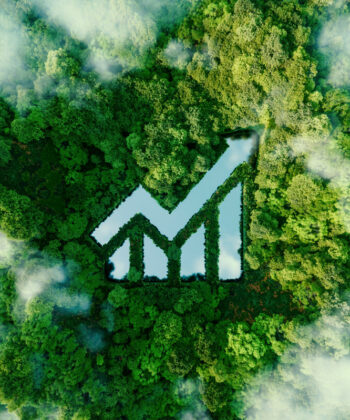Economic cycles: the eternal return?

Share
Every first-year student knows that the economy goes through cycles and crises. Does the pace of these cycles change? This is the view of Éric Dor, economist, professor at IÉSEG and Director of Economic Studies:
Are we witnessing a disruption of economic cycles?
The recent succession of closely spaced crises might give that impression, but the length of cycles is actually tending to increase. In the United States, we are seeing a lengthening of the interval between two recessions. This is also the case in Europe, albeit with some differences. For example, the continent experienced a further recession after the financial crisis because of the austerity policies that over-indebted countries were forced to implement.
Generally speaking, there is less international decorrelation of cycles than differentiation of potential growth. In Europe, growth has been slower than in the United States for years, due to lower productivity gains and less investment in new technologies. This gap could widen with rising energy costs and de-industrialisation. In China, an ageing population is likely to slow growth.
Read the full article in the latest edition of Change Magazine (“Time is indefinable”):
This magazine aims to be an information tool, thanks to the range of expertise of our professors and the informed opinions of our professional partners in relation to current themes. This tool aims to deliver ideas and reflections to its readers, in order to cultivate their daily lives and their perception of the challenges facing the companies of today and tomorrow.
Contributor
Discover more Insights

Economics & Finance
What defines a liveable city in 2026?
24/02/2026
4 min

CSR, Sustainability & Diversity
In brief: how the EU Emissions Trading System is reshaping the workforce
15/01/2026
3 min

CSR, Sustainability & Diversity
Africa’s climate finance rules are growing, but they’re weakly enforced – new research
13/01/2026
5 min

CSR, Sustainability & Diversity
Has the European carbon market really reduced emissions from the electricity sector?
07/01/2026
4 min



